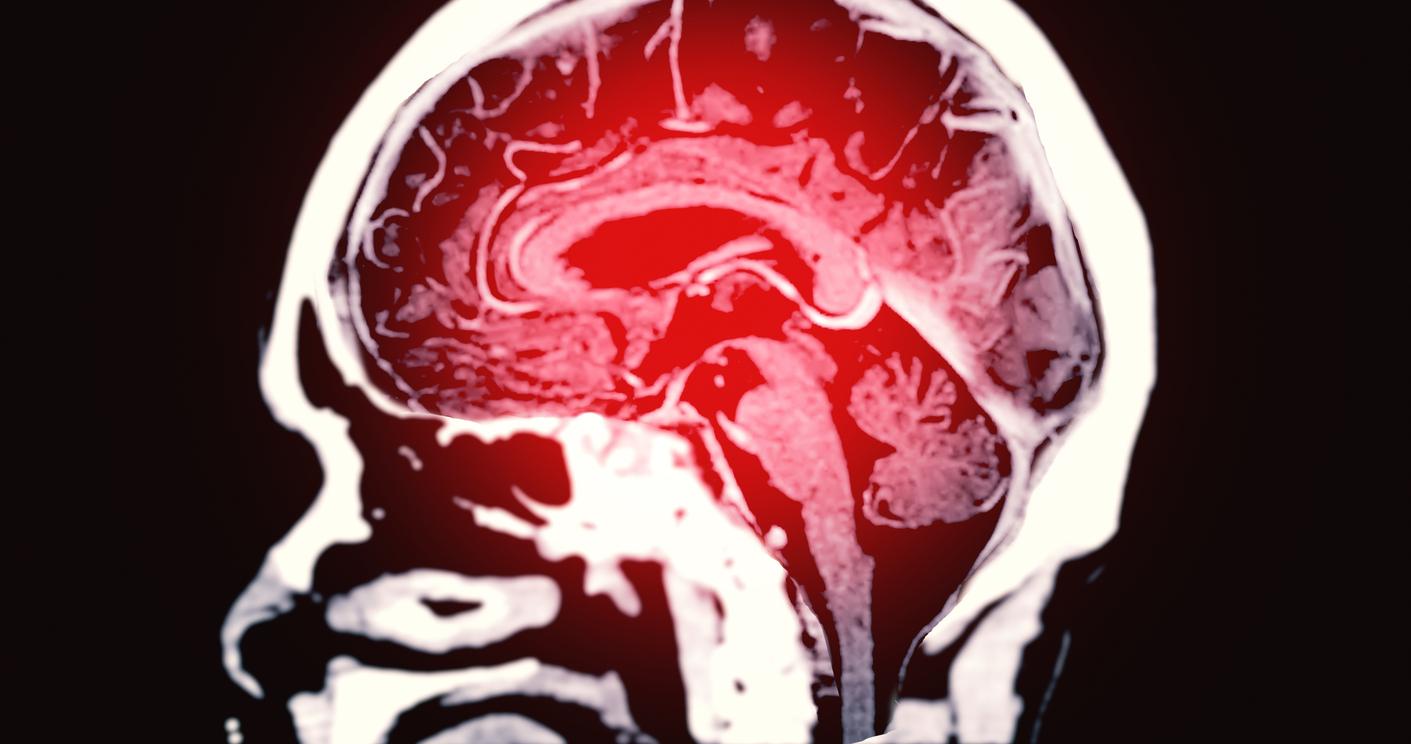Stress is neither good for the heart nor for the arteries. It activates a chain reaction that promotes serious cardiovascular incidents and chronic diseases.

Stress, a cardiovascular risk factor like tobacco. For the first time, a study shows that everyday stresses are detrimental to survival. Published in the prestigious Lancet, it pleads for a better taking into account of this parameter in the evaluation of the cardiovascular risk.
293 people took part in this work. After a subjective assessment of the stress undergone, these volunteers underwent several scans. They aimed to measure the activity of the brain, bone marrow, spleen as well as the level of inflammation of the arteries. On average, participants were followed for almost 4 years.
No more inflammation
When analyzing the results, the researchers focused on the activity of the amygdala, a region of the brain involved in stress expression. An increase in activity is associated with a 1.6 times higher risk of a cardiovascular event. This includes strokes, heart attacks but also chronic diseases of the cardiovascular system (peripheral arterial disease, heart failure, angina pectoris).
These events also occur earlier than in more relaxed volunteers. But that’s not all: an increase in activity in the amygdala is associated with an increase in bone marrow activity and more arterial inflammation.
A biological mechanism is advanced by the authors of this study. It is, according to them, a chain reaction that begins with the increased activity of the amygdala. This area of the brain sends the signal for white blood cell production to the bone marrow, which responds by sending them to the arteries. They then clump together in the form of a plaque, which causes atherosclerosis. This inflammation is then the cause of cardiovascular incidents.
Stress also acts on the sympathetic nervous system, on the hypothalamic-pituitary-adrenal axis (HPS), increases heart rate and arterial pressure… A wide range which also contributes to the increase in cardiovascular risk.
Common stress
A sub-study, conducted on 13 patients suffering from post-traumatic stress disorder, confirms these results. The same examinations were carried out, coupled with a measurement of the level of C-reactive protein. It testifies to inflammation in the body. Again, the people with the most severe symptoms are those with the strongest amygdala activity.
Ahmed Tawakol, who signs this work, believes that “chronic stress will eventually be treated as an important cardiovascular risk factor”. This includes regular screening and appropriate prevention. This is also the opinion of Ilze Bot, of the University of Leiden (Netherlands), who signs a comment associated with this study. The biopharmacy expert recalls that sources of psychosocial stress are increasingly present on a daily basis.
“A heavy workload, professional insecurity or the fact of living in poverty are all circumstances that can lead to chronic stress, which can cause chronic psychological disorders such as depression,” she illustrates. More research is needed before confirming these results. But the researchers believe their work could lead to new methods of targeting and managing stress-related risk factors.

.

















